
Hatiya Island, Bangladesh.
Dhaka,09 Jumadil Awwal 1438/09 February 2017 (MINA) – Bangladesh has requested its international partners to support it in implementing the relocation plan of Rohingyas to Hatiya Island in the Bay of Bengal by providing assistance in developing the island and transporting the Myanmar nationals living in Bangladesh to the new place of their residence.
Foreign Minister Mahmood Ali made the request to Bangladesh’s bilateral, UN and other international partners while briefing the members of the diplomat community on the situation of Myanmar refugees and undocumented Myanmar nationals in Dhaka Sunday.
Also Read: New Delhi Covered in Toxic Smog: Residents Say ‘We Can Hardly Breathe’
He informed the international community that the government of Bangladesh has decided to relocate this population to Thengar Char, an Island next to Hatiya Island in the Bay of Bengal to ensure humanitarian assistance to the Myanmar nationals.
While this remains a temporary arrangement for the Myanmar refugees, the minister mentioned, Bangladesh would like the international community to take meaningful measures for repatriation of this population to their homes back in Myanmar.
About 60 ambassadors, high commissioners, heads of missions, representatives of various diplomatic missions in Dhaka as well as representatives from Office of UNRC, IOM, UNHCR and other UN agencies attended the briefing that lasted over an hour from 3:20pm.
Adviser to prime minister on political affairs HT Imam, State Minister for Foreign Affairs M Shahriar Alam, the cabinet secretary, the principal secretary to the prime minister and the foreign secretary were, among others, present.
Also Read: Boat Carrying 100 Rohingya Migrants Capsizes in Malaysian Waters
During the briefing, Ali apprised the diplomatic community of the steps that the government of Bangladesh had taken vis-a-vis Myanmar refugees and the undocumented Myanmar nationals who entered Bangladesh to flee persecution and communal violence in the Rakhine State of Myanmar.
This huge population, numbering more than 400,000, including the newly arrived 69,000 is living mainly in Cox’s Bazar in two registered camps and makeshift settlements.
He also mentioned about successful repatriation of around 236,599 Myanmar refugees through an agreement negotiated during 1991-92 in which he had been deeply involved in his official capacity.
The minister stressed that the presence of the huge number of Myanmar nationals in Cox’s Bazar district has not only created formidable challenges for the authorities to manage humanitarian assistances to them but also created a number of adverse effects on the overall socio-economic, demographic, environmental and security situation of Cox’s Bazar and adjacent districts and also negatively affecting the ecotourism prospects.
Also Read: Dozens Killed in RSF Drone Strike on Sudanese Village During Funeral
Citing the vulnerable nature of this population, he added that networks have emerged in this area for the purpose of human trafficking and smuggling of narcotic drugs.
The minister explained that since the existing accommodation arrangements in the Cox’s Bazar district for the Myanmar refugees and undocumented Myanmar nationals are already overstretched, arranging shelters for the new arrivals has become a new challenge for the authorities.
He hoped that it would help the Myanmar refugees, including the undocumented Myanmar nationals, to have better access to humanitarian assistances.
Also Read: International Red Cross Calls for Safe Corridors for Civilians in Sudan
To make new place habitable
The minister informed to make the place habitable. “The government plans to build necessary infrastructure, including shelter, schools, hospitals, health centres, mosques, roads,” he said, adding that the relocation will take place only after the development activities are completed.
He also hoped that he would be able to lead the diplomatic community to visit the place once the infrastructure is in place.
The ambassadors of Brazilian, US and Saudi highly praised the Bangladesh government and its people for hosting this population for decades and rendering necessary humanitarian support to them, said the foreign ministry.
Also Read: M6.3 Earthquake in Afghanistan Kills 19 People
The representatives of diplomatic community in general expressed their readiness to help the government implement its relocation plan as and when it is finalised.
They also expressed their hope that this will bring improvements in the living condition of this population.
The representatives also recognised that the ultimate solution lies in the repatriation of these refugees from Myanmar to their homeland and also assured their full support in this regard. (T/RS05/RS01)
Mi’raj Islamic News Agency (MINA)
Also Read: 6.3-Magnitude Earthquake Strikes Northern Afghanistan





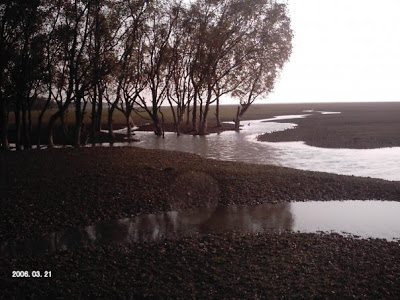




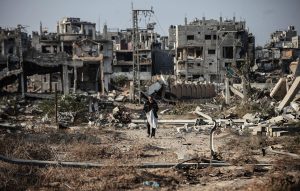
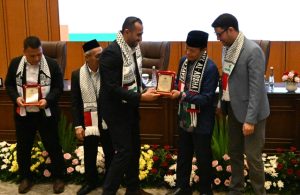
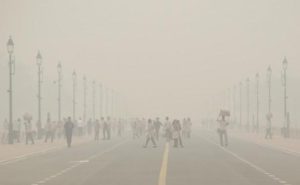
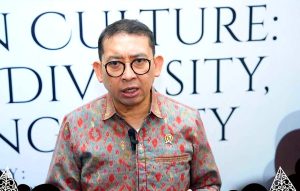

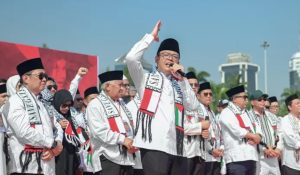
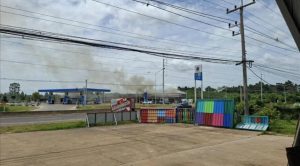
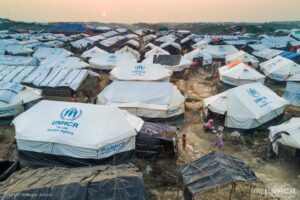
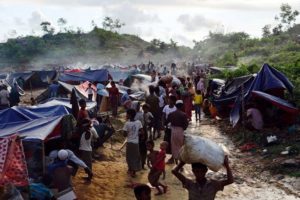





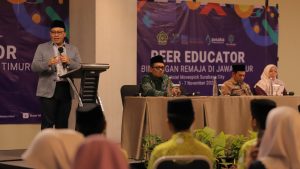

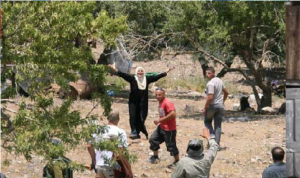

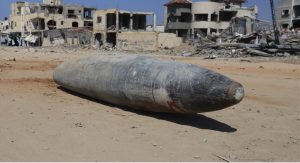



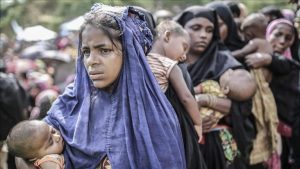



 Mina Indonesia
Mina Indonesia Mina Arabic
Mina Arabic